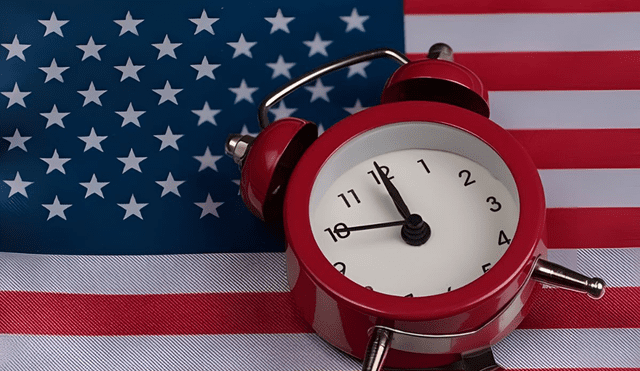Daylight Saving Time 2025: Do we gain or lose an hour of sleep in the U.S.?
In the United States, the Daylight Saving Time will begin this Sunday, March 9. Here is what you need to know about it.

As daylight saving time kicks off on Sunday, March 9, 2025, Americans will experience longer evenings with later sunsets. While this shift means more daylight in the evening, it also comes with the need to set clocks forward by one hour, resulting in a loss of sleep. The adjustment to daylight saving time will last for 34 weeks, concluding in early November, and it impacts our sleep schedules in ways that may not always be immediately noticeable.
The start of daylight saving time raises common questions about how it affects our sleep. Are we gaining or losing an hour? What happens to our internal body clocks when we shift our schedules forward? Here’s what you need to know about daylight saving time and how it affects our sleep:
Do we lose or gain an hour of sleep, during the Daylight Saving Time?
When daylight saving time starts, the clocks are set forward, meaning we lose an hour of sleep. By 2025, this will occur on March 9, starting at 2 a.m., and most electronic devices will automatically adjust. However, some appliances, such as older clocks, microwaves, and stoves, might require manual resetting.
When daylight saving time ends on November 2, 2025, clocks will revert by one hour, allowing us to regain that lost hour of sleep.
How does this affect our sleep cycle?
Our brain has a "master clock" that helps regulate when we feel awake or sleepy, which is influenced by the light-dark cycle. As we age, our sleep patterns change. For example, teenagers tend to be harder to wake up in the morning. Exposure to morning light resets our internal rhythm, while the evening hormone melatonin signals sleep. Daylight saving time delays melatonin production, which can disrupt the sleep cycle.
The Trump administration’s stance on daylight saving time
During his presidency, Donald Trump expressed a desire to end daylight saving time, advocating for a shift to standard time year-round. He described daylight saving as inconvenient and costly for the nation. Currently, Arizona and Hawaii, along with U.S. territories like Puerto Rico and Guam, do not observe daylight saving time.












